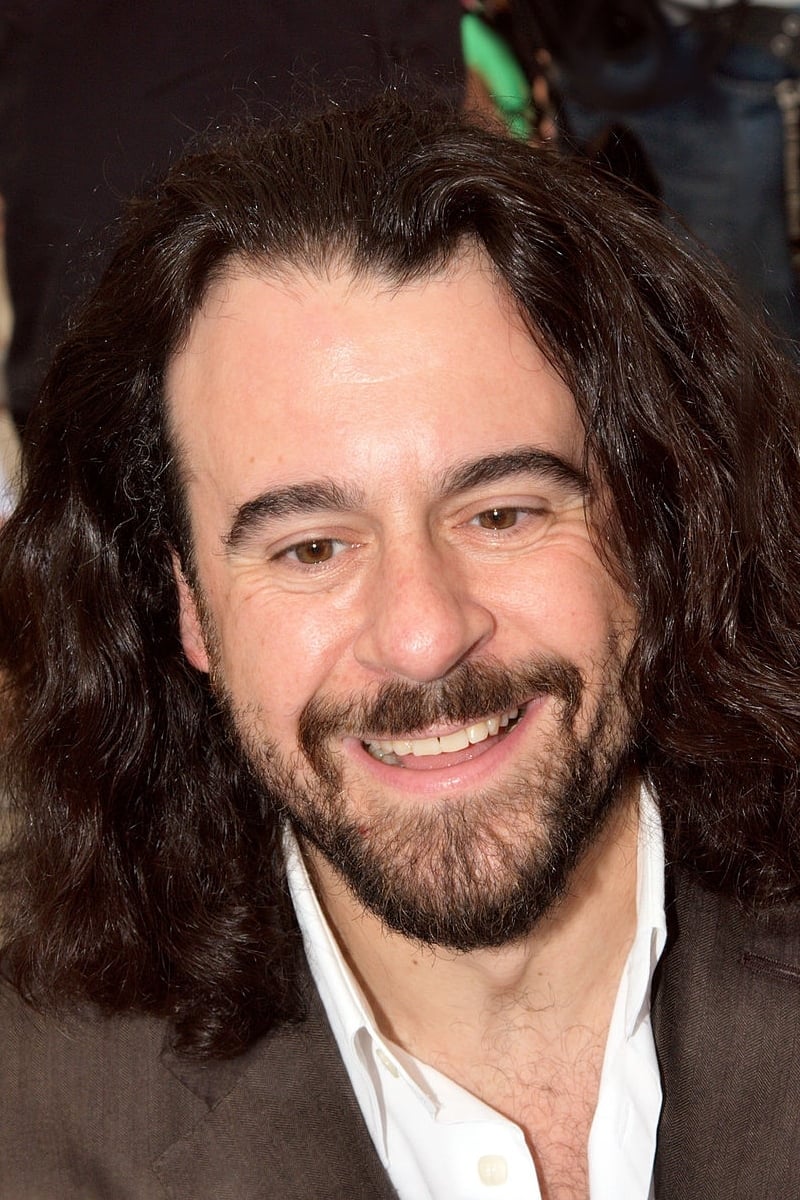
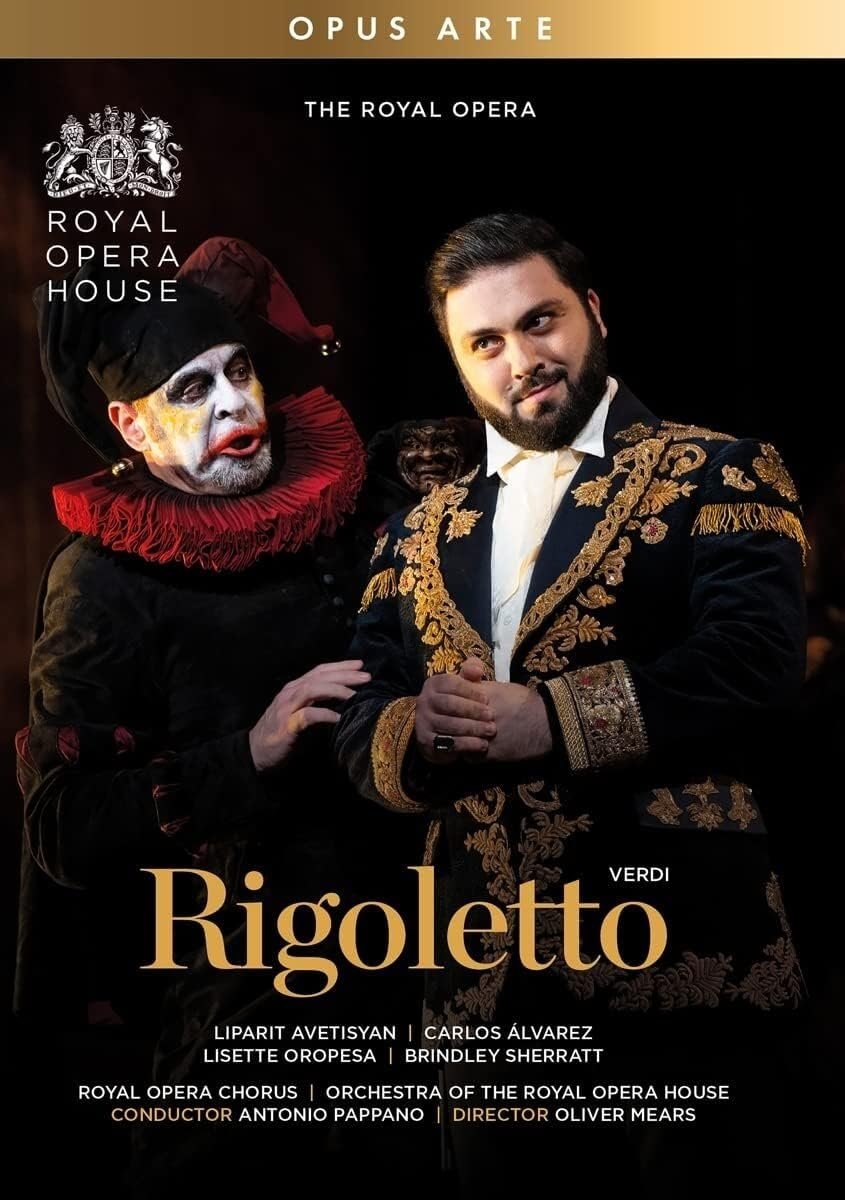
Rigoletto is the sharp-tongued jester of the Duke of Mantua, himself a notorious womanizer. As the Duke begins to seduce Rigoletto's daughter Gilda, the jester must realize that it is not within his power to protect her. What follows is an epic story of betrayal, revenge, and above all, love. Director Oliver Mears turns Verdi's masterpiece into a modern drama about morality, where in a decadent world full of corruption and depravity, power stands against innocence. Antonio Pappano conducts a stunning ensemble featuring a fascinating Carlos Álvarez in the title role, Lisette Oropesa as the incomparable Gilda, and tenor Liparit Avetisyan as the Duke of Mantua.
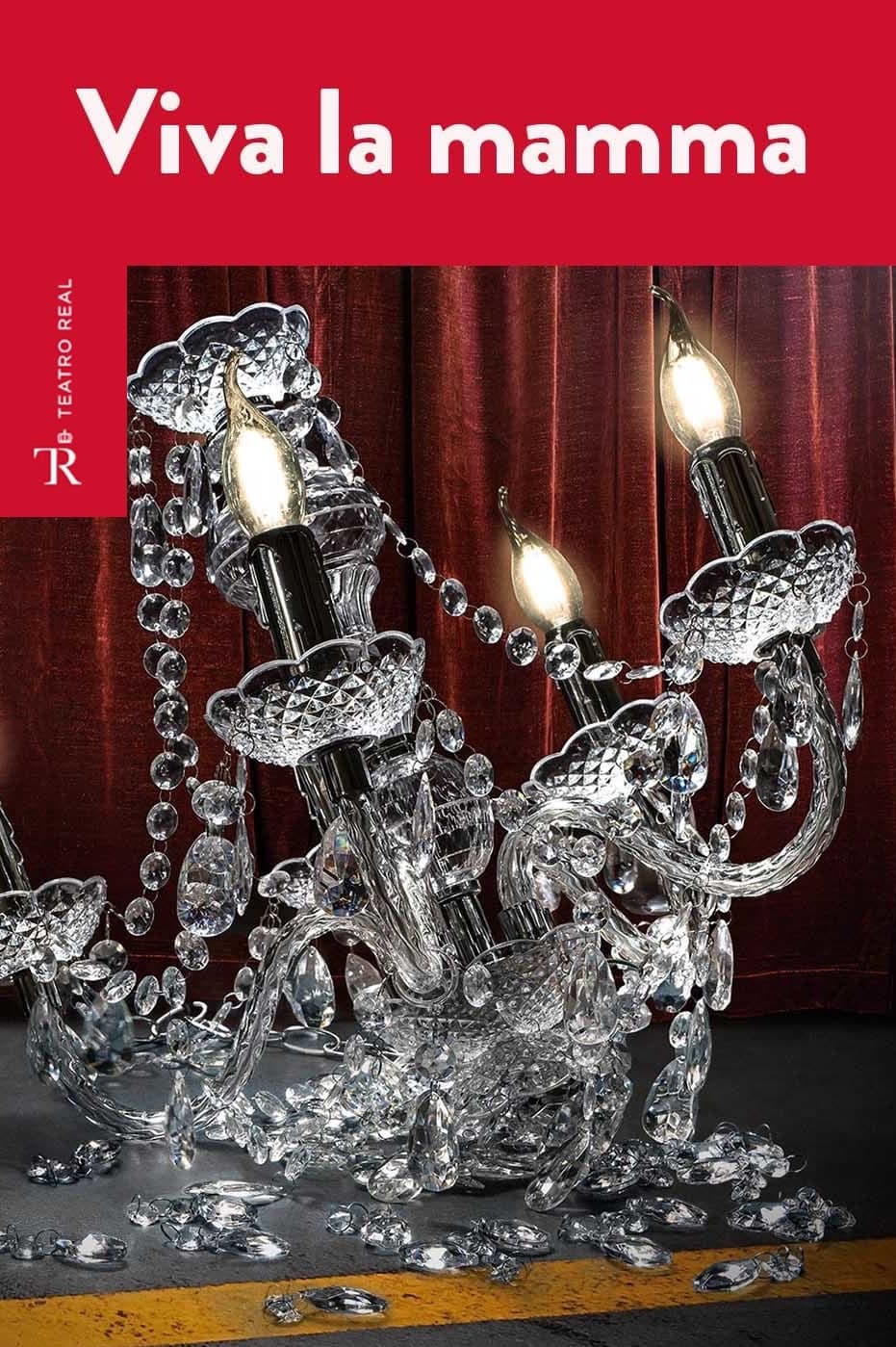
First seen in Naples in 1827, this farce of a “theatre within a theatre” narrates the mishaps of a second-rate opera company as it stages the great serious drama Romolo ed Ersilia in a provincial theatre. The unbearable tensions between the two lead singers are finally resolved with the decisive intervention of one of their mothers. The co-production by Ópera de Lyon along with the Grand Theâtre de Genève and Teatro Real is brought to life by Laurent Pelly, a tireless champion of Donizetti's comedies.
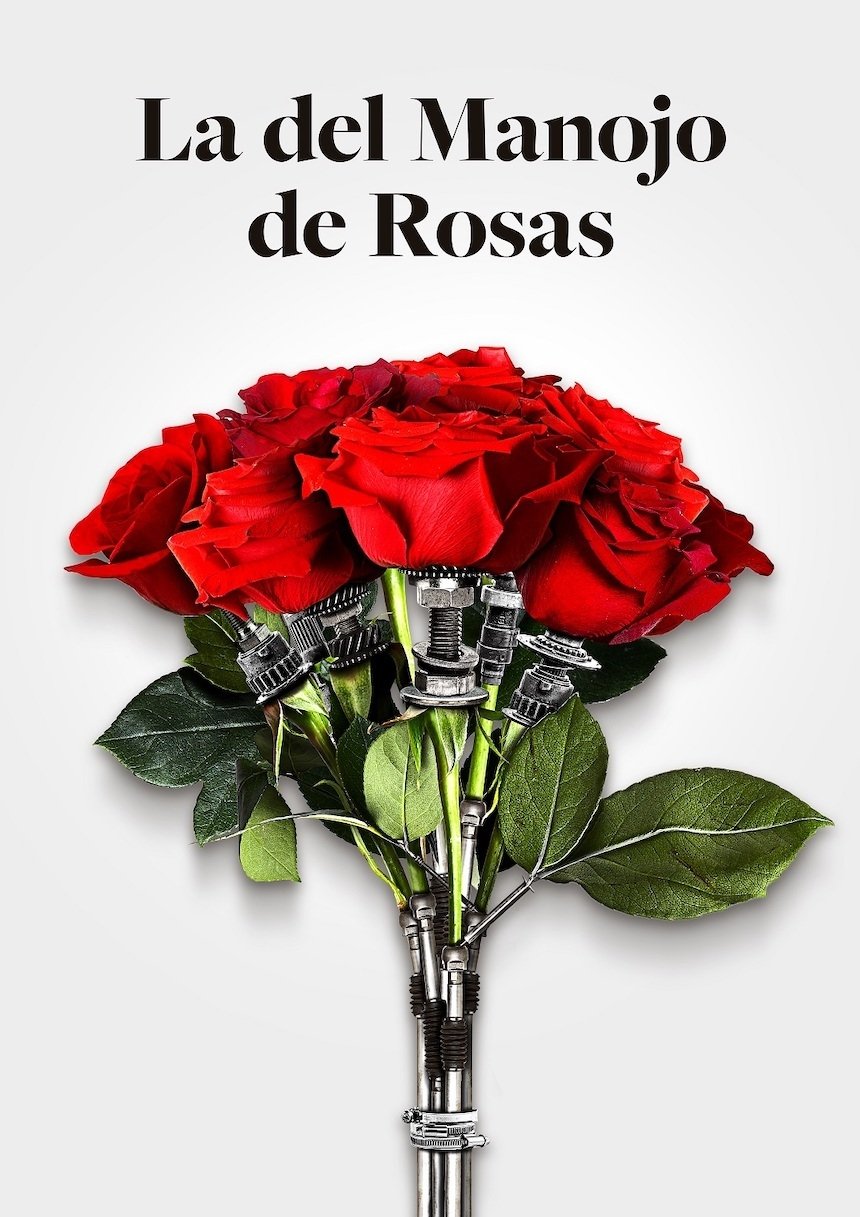
La del manojo de rosas, the Teatro de la Zarzuela's most emblematic and popular production, turns 30 years old. At its premiere in September 1990, it was very well received by the public and critics, and has continued to be so during the last three decades. Several generations of singers, artists, technicians and the public have enjoyed what is now Sorozábal's best-known zarzuela.
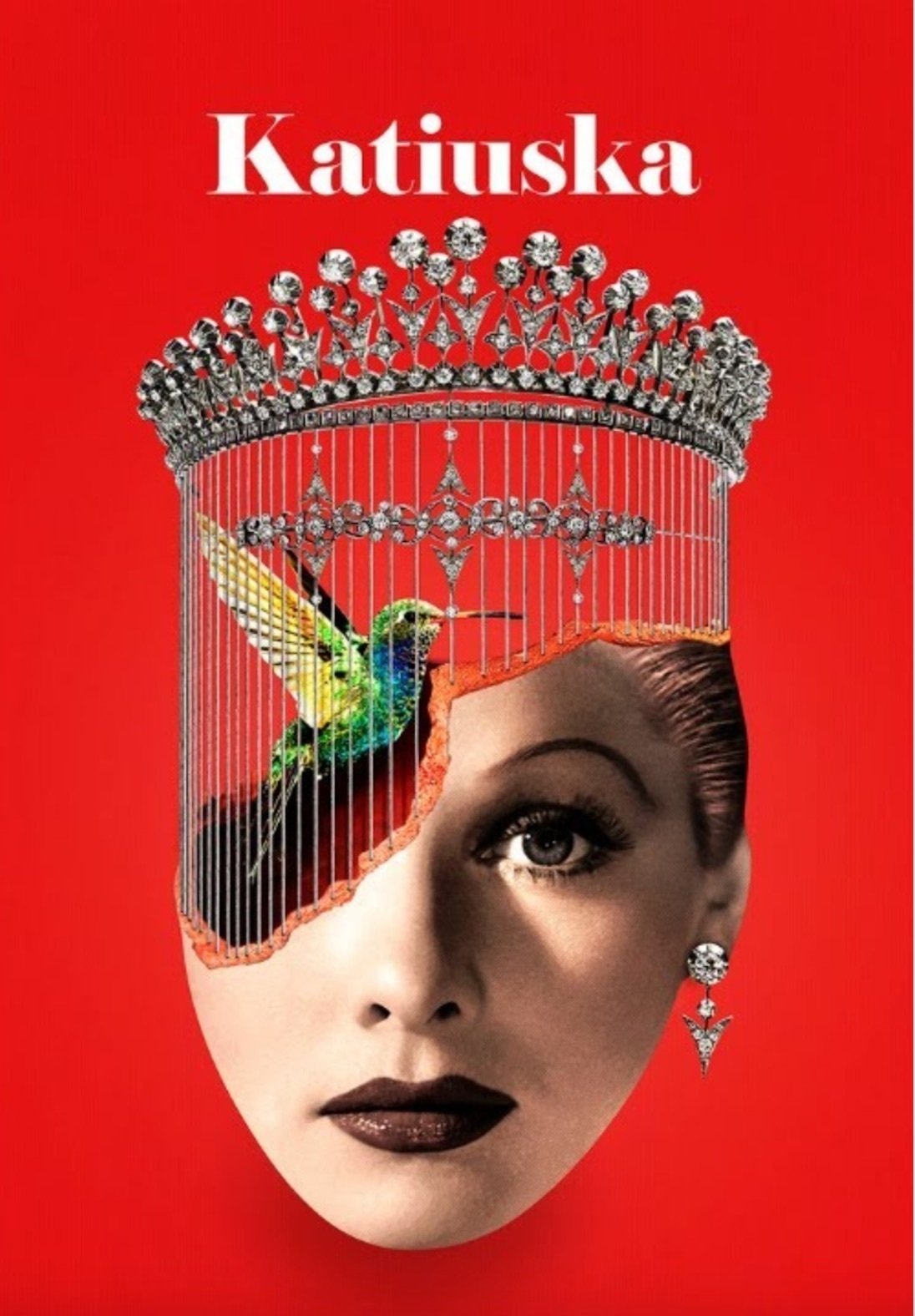
Operetta in two acts. A production by Teatro Arriaga de Bilbao, co-produced by Teatro Campoamor de Oviedo, Teatro Calderón de Valladolid and Teatro Español de Madrid.
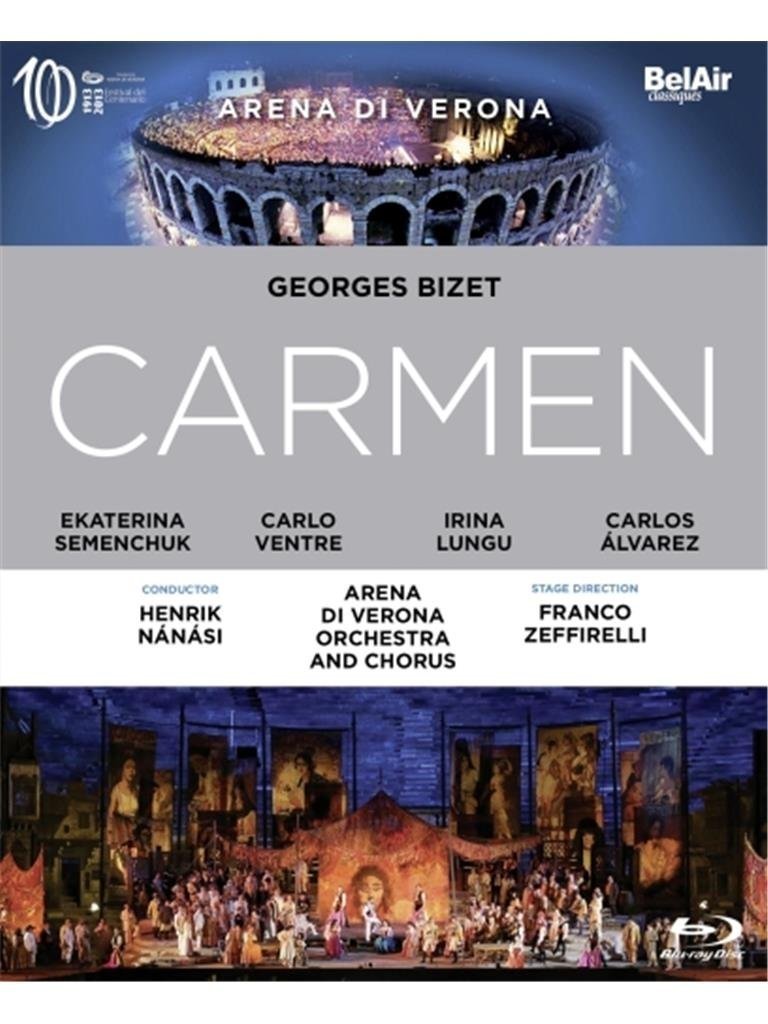
High Definition recording June 2014, Arena di Verona. This opulent production was directed by Franco Zeffirelli and sung by an international cast of excellent singers: Russian mezzo-soprano Ekaterina Semenchuk, soprano Irina Lungu, tenor Carlo Ventre and Carlos Alvarez. The famous opera is staged as a colourful feast for the eyes, true to its source and convincingly acted by soloists, chorus and ballet alike. Conducted by Henrik Nánási it is a gloriously sung musical experience.
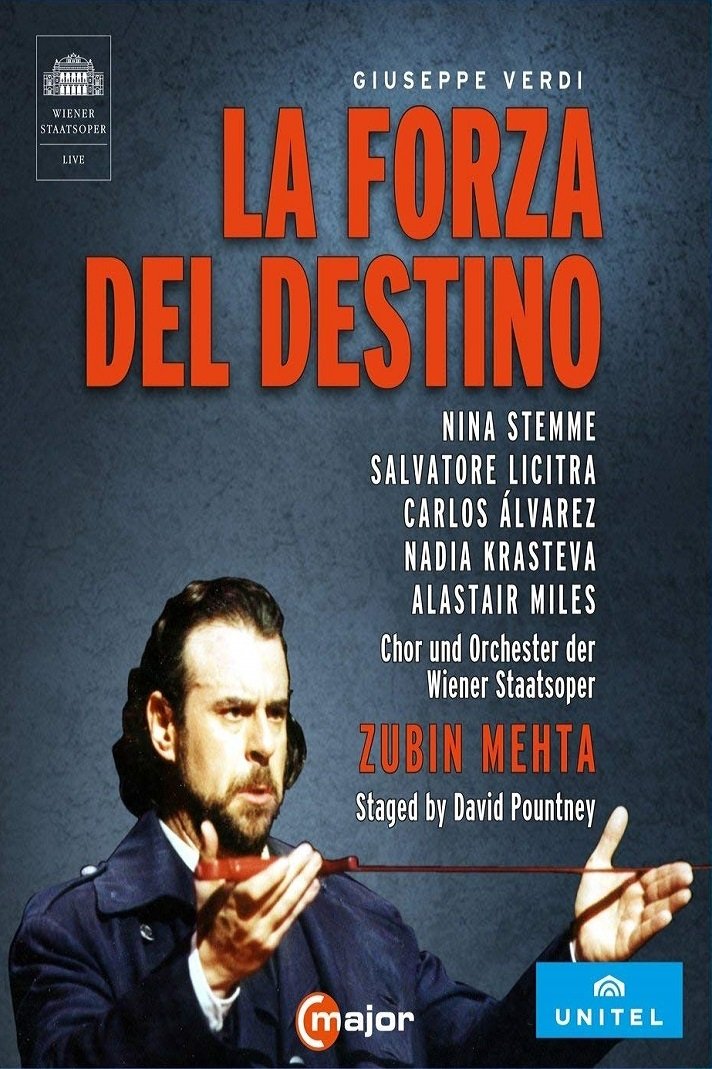
The cast is a dream team wrote the Financial Times after the premiere of this production of Verdis La forza del destino at the Wiener Staatsoper. Topping the list is Nina Stemme, who gives a full-blooded portrayal of Leonora. Passionate forceful readings are also provided by Salvatore Licitra as Alvaro and Carlos Álvarez as Don Carlo. Zubin Mehta leads Staatsoper Orchestra with agility, subtleness and relaxed mastery, and right from the start David Poutney establishes an atmosphere of entrapment by fate. With the aid of a bizarre, unforgettable stage construction, the acclaimed director finds an ideal setting to illustrate the merciless powers of chance and destiny.
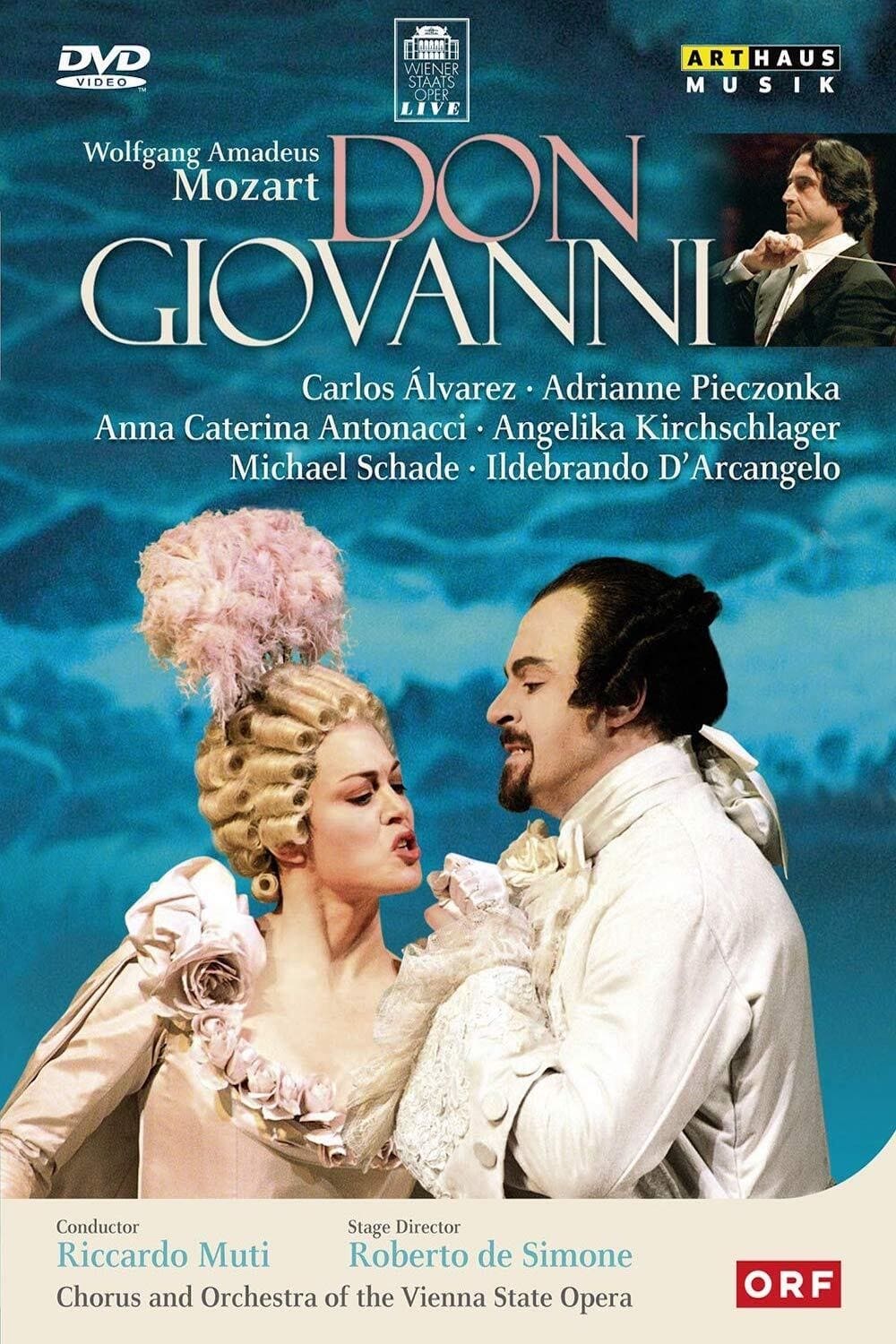
Wolfgang Amadeus Mozart's Don Giovanni is performed live at the Theater an der Wien in this 1999 production starring Carlos Alvarez in the title role and featuring the music of the Choir and Orchester der Weiner Staatsoper performing under the guiding wand of conductor Riccardo Muti.
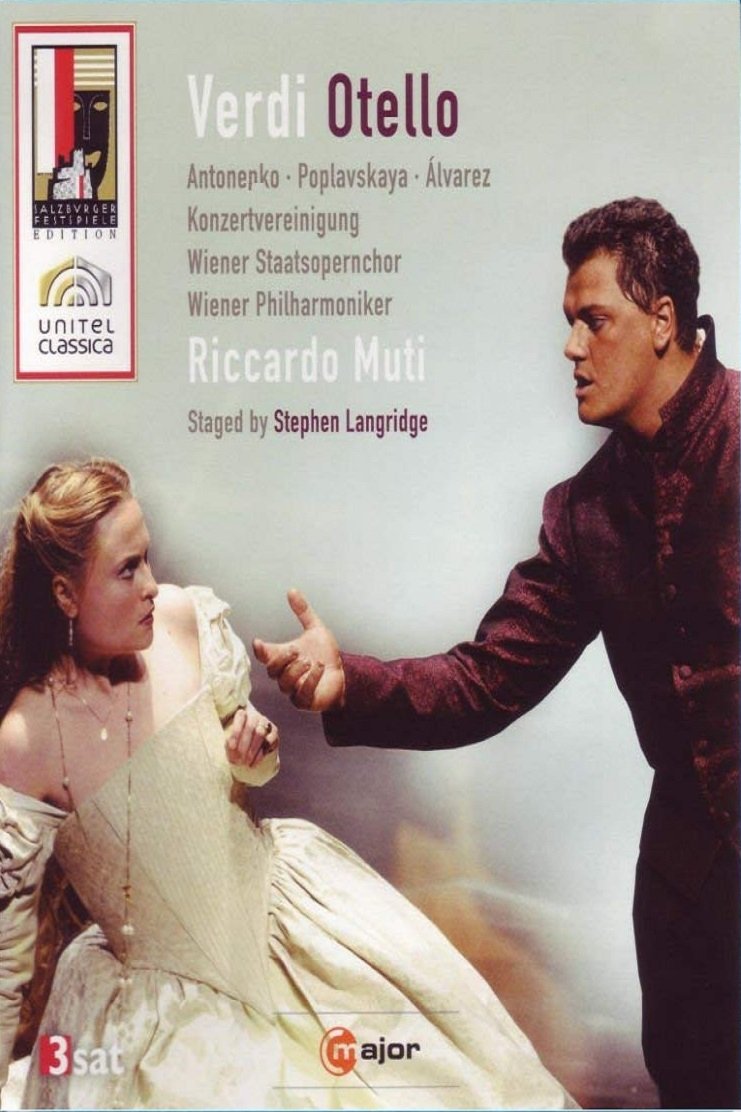
Part of Tutto Verdi series - Otello (2008) Salzburg. 'Otello' is an opera in four acts by Giuseppe Verdi to an Italian libretto by Arrigo Boito, based on Shakespeare's play 'Othello'. It was Verdi's penultimate opera, and was first performed at the Teatro alla Scala, Milan, on 5 February 1887.
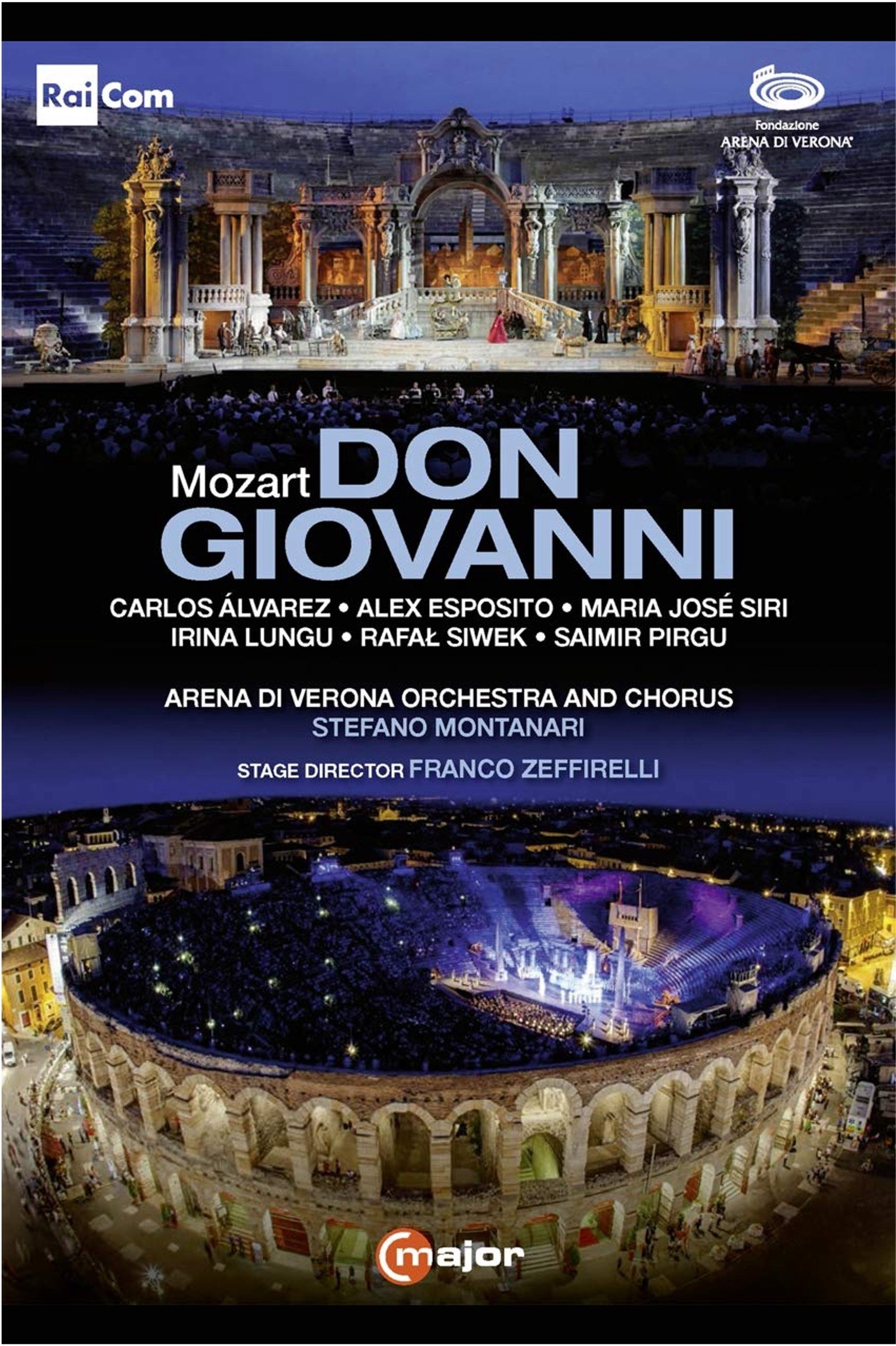
Mozarts Don Giovanni, in the beautiful staging by legendary Franco Zeffirelli is a spectacle with a strong aesthetising component, a feast for the eyes. In this production Zeffirelli returns to a representative Super classic line, renewing the complex mechanisms of almost all his other productions (Il corriere musicale) with beautiful classic costumes by Maurizio Millenotti and lights by Paolo Mazzon (L'ape musicale). Carlos Álvarez is of beautiful voice (GP Opera) and presumably todays best Don Giovanni (L'ape musicale) while Irina Lungu is one of the best lyric sopranes (L'ape musicale). Donna Elvira, being sung by Maria José Siri was clearly and advantageously represented by her mellow and beguiling voice. (MTG Lirica)
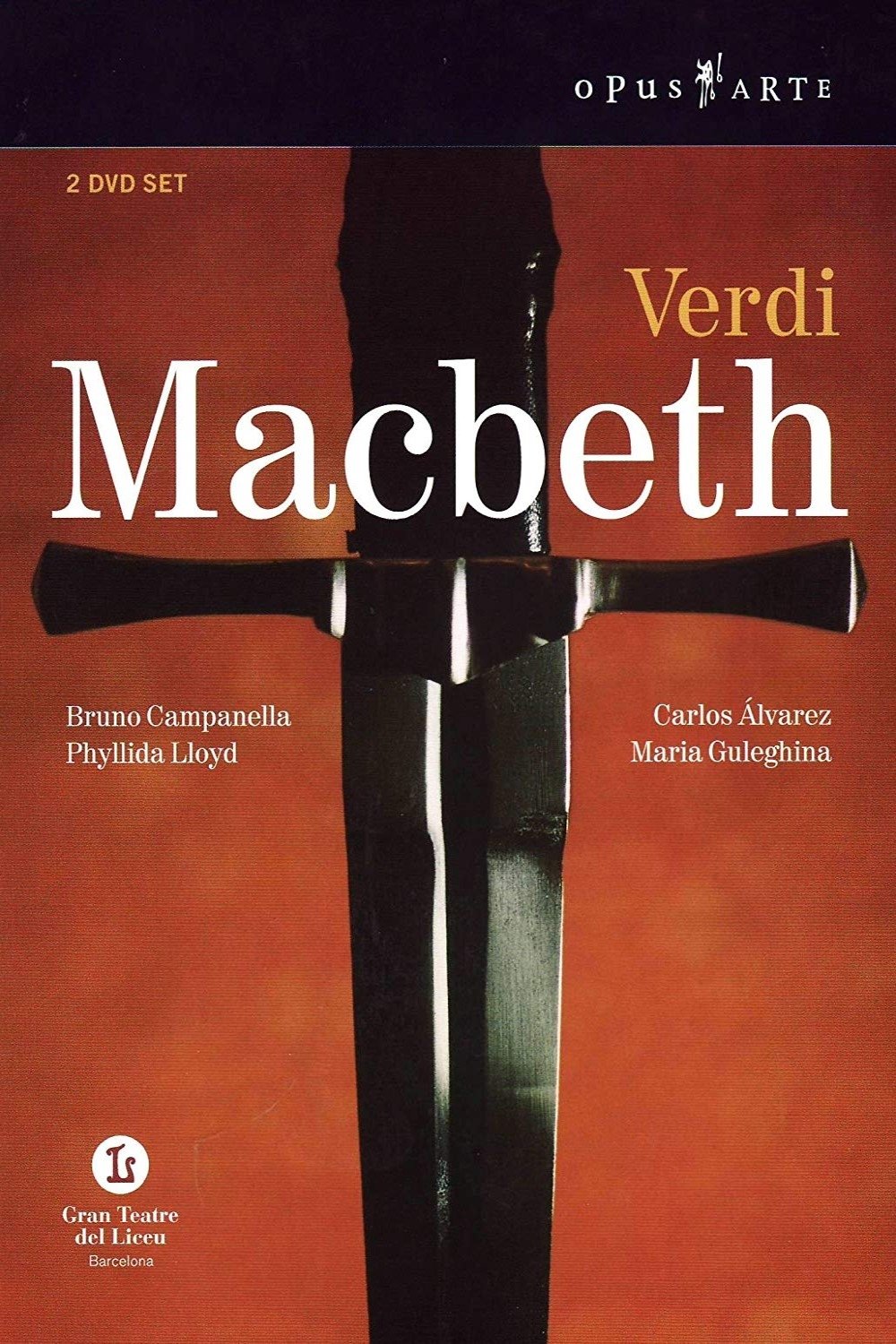
Carlos Álvarez takes the title role in the first of Verdi's Shakespearean operas, with Maria Guleghina as the manipulative wife whose desire to gain the Scottish throne drives her husband to murder and leaves both with blood on their hands. Bruno Campanella conducts the Symphony Orchestra and Chorus of the Gran Teatre del Liceu in the 2004 recording of Phyllida Lloyd's powerful production, first staged at London's Royal Opera House.
KS Carlos Álvarez was born in Málaga and studied at the conservatoire in his hometown. He made his debut as a singer in 1990. Since then, his international career has brought him to La Scala, the Royal Opera House Covent Garden, Paris, Amsterdam, San Francisco, the Hamburg State Opera and the Bavarian State Opera, the Gran Teatre del Liceu in Barcelona, the Arena di Verona, the Zurich Opera House, the Opera House Bonn, Brussels, Valencia, the Salzburg Festival and the New Yorker Met. He made his debut at the Vienna State Opera in 1995 as Figaro (Il barbiere di Siviglia). Further roles at the Vienna State Opera include Germont (La traviata), Riccardo (I puritani), Posa (Don Carlo), Sulpice (La Fille du régiment), Carlo Gérard (Andrea Chénier), Don Carlo (Ernani), Don Carlos (La forza del destino), Stankar (Stiffelio), duke of Nottingham (Roberto Devereux), Alphonse XI. (La Favorite), Escamillo (Carmen), Ford (Falstaff) as well as leading roles in Don Giovanni and Le nozze di Figaro. In 2007 Carlos Álvarez was awarded the honorary title for singers in Austria “Kammersänger”. http://www.wiener-staatsoper.at/Content.Node/home/kuenstler/saengerinnen/Alvarez1.en.php
By browsing this website, you accept our cookies policy.